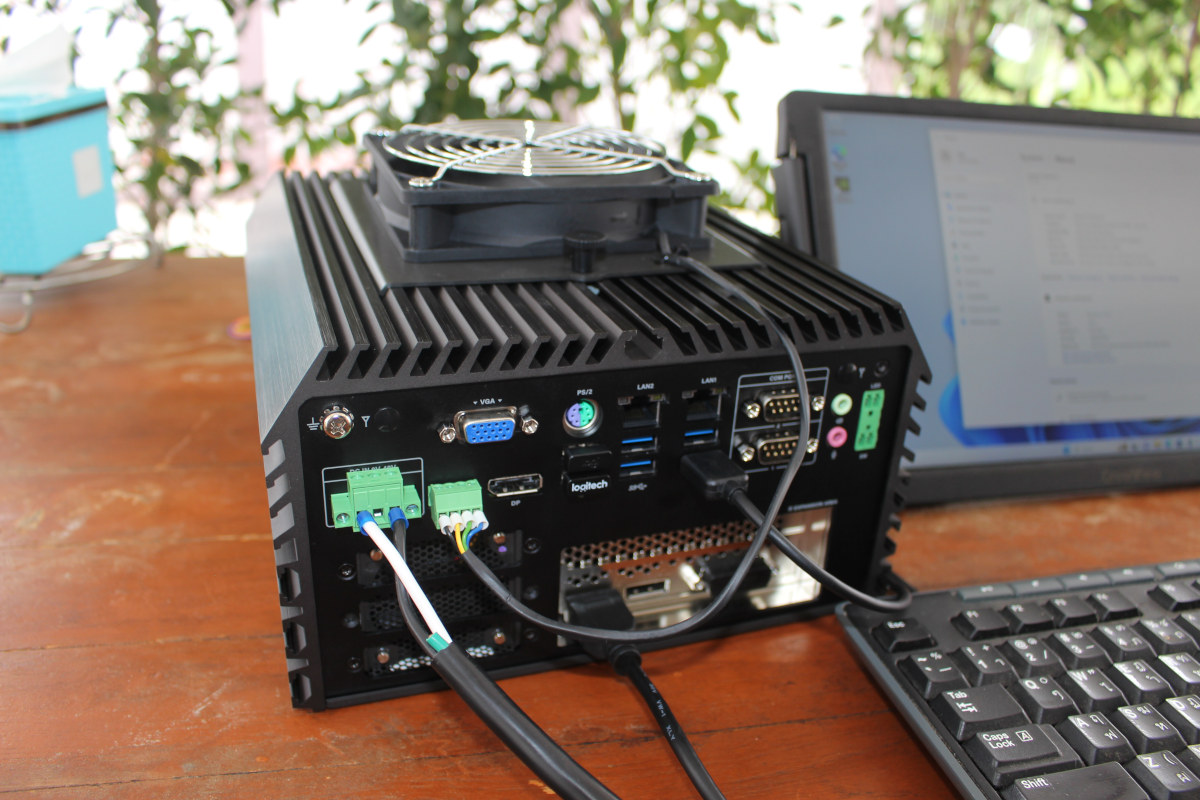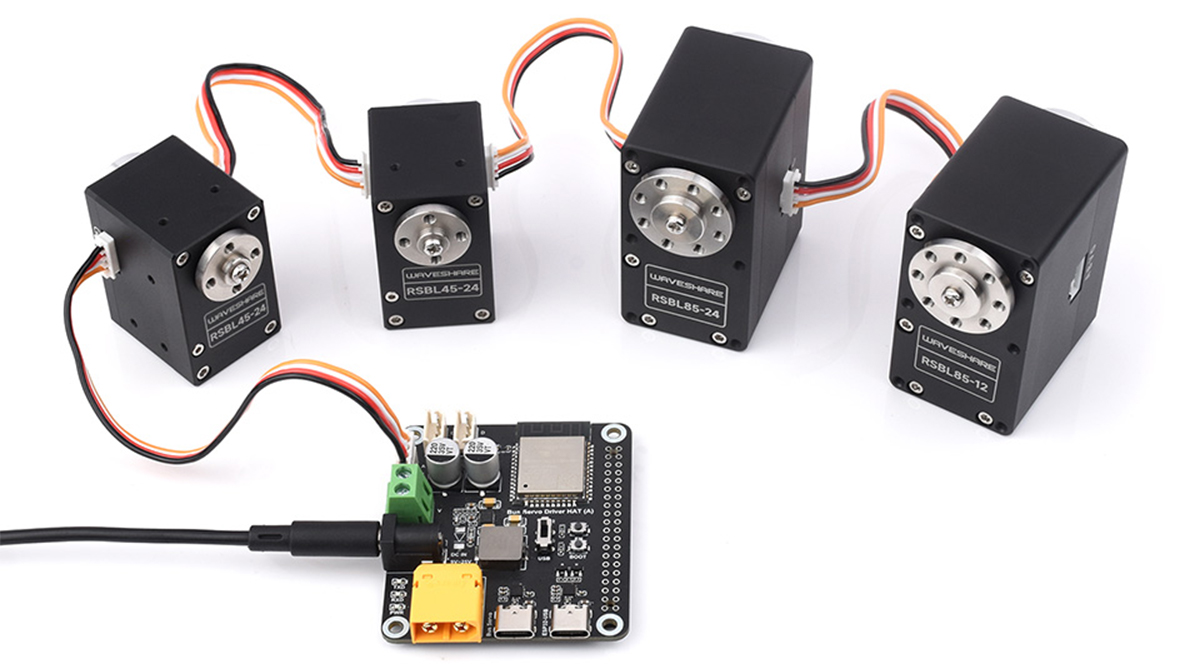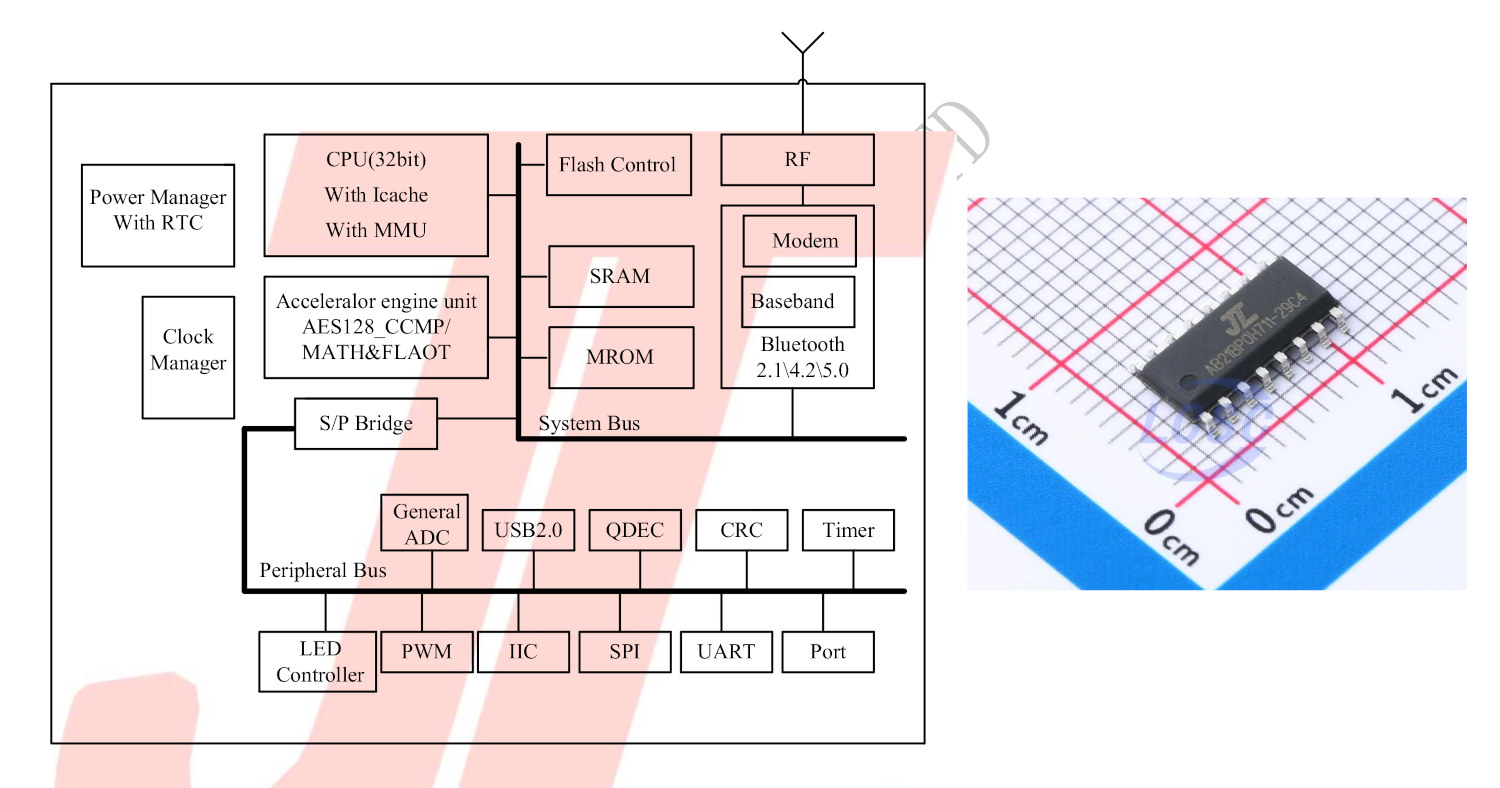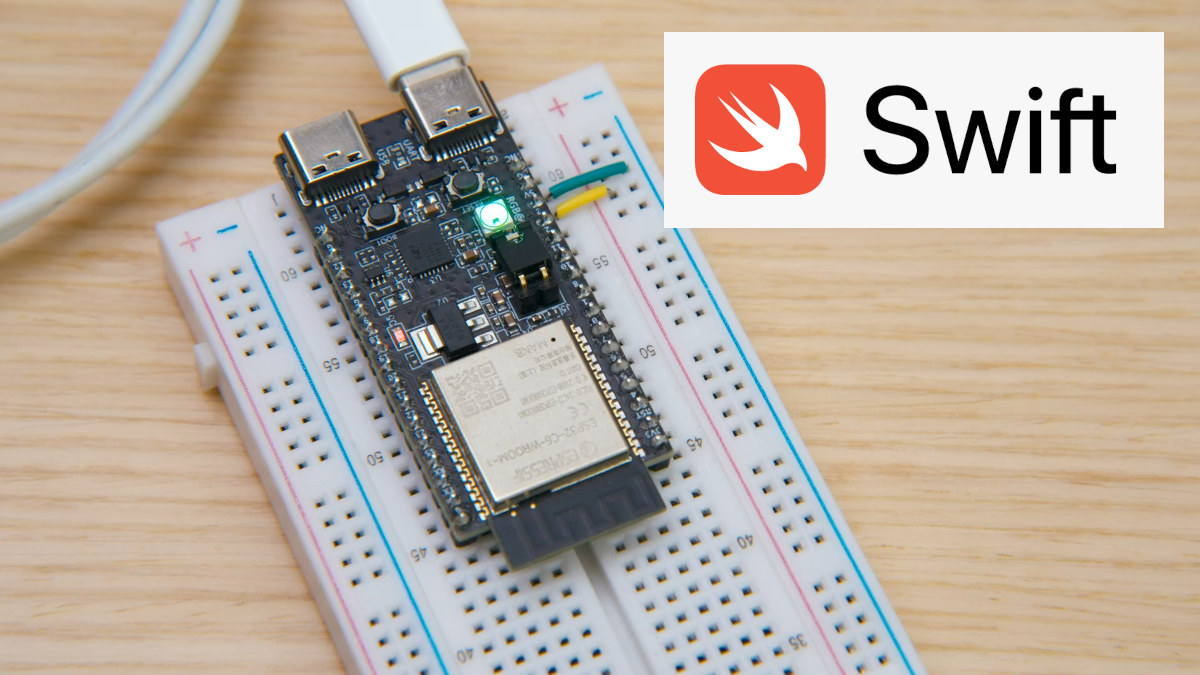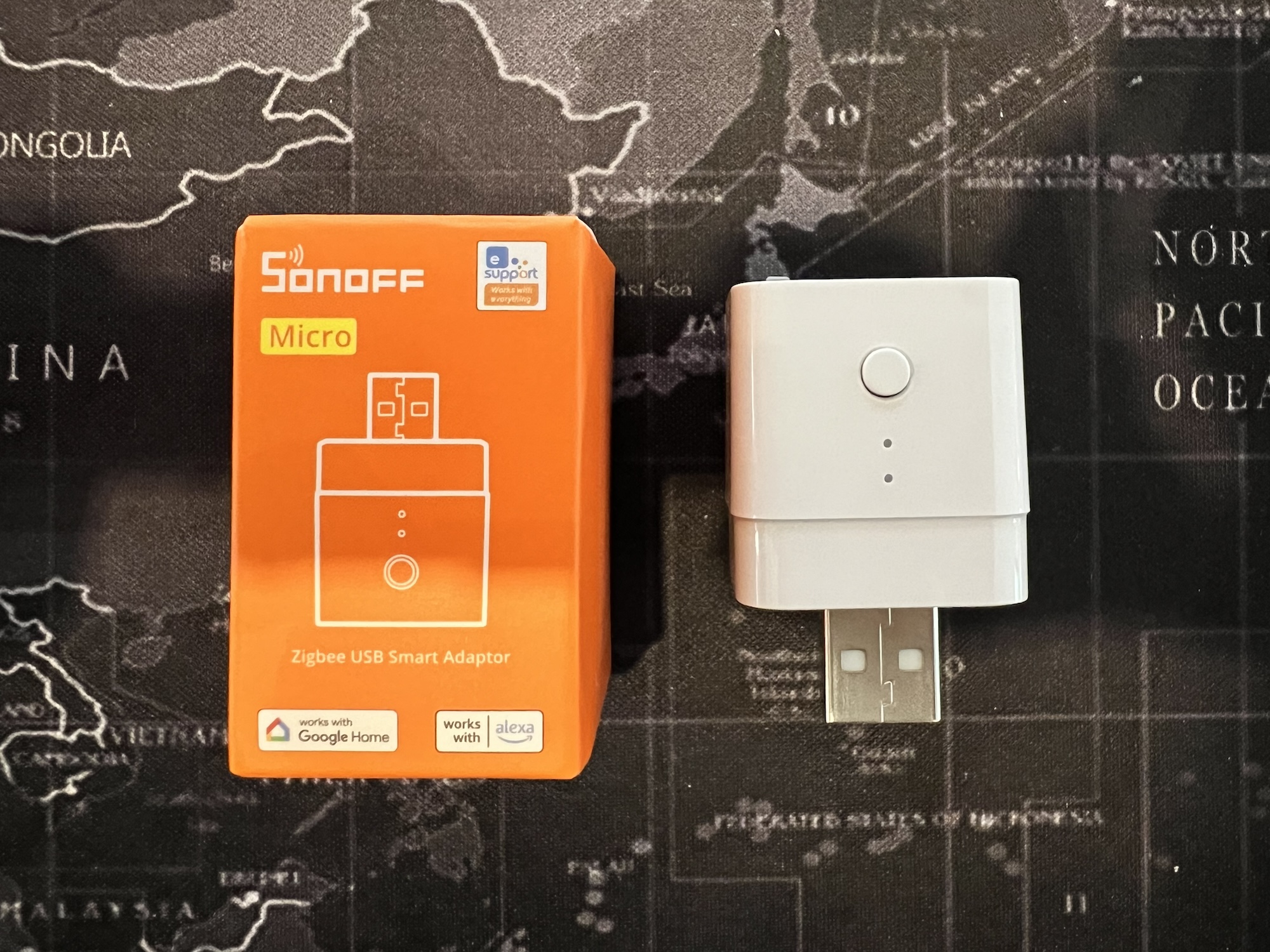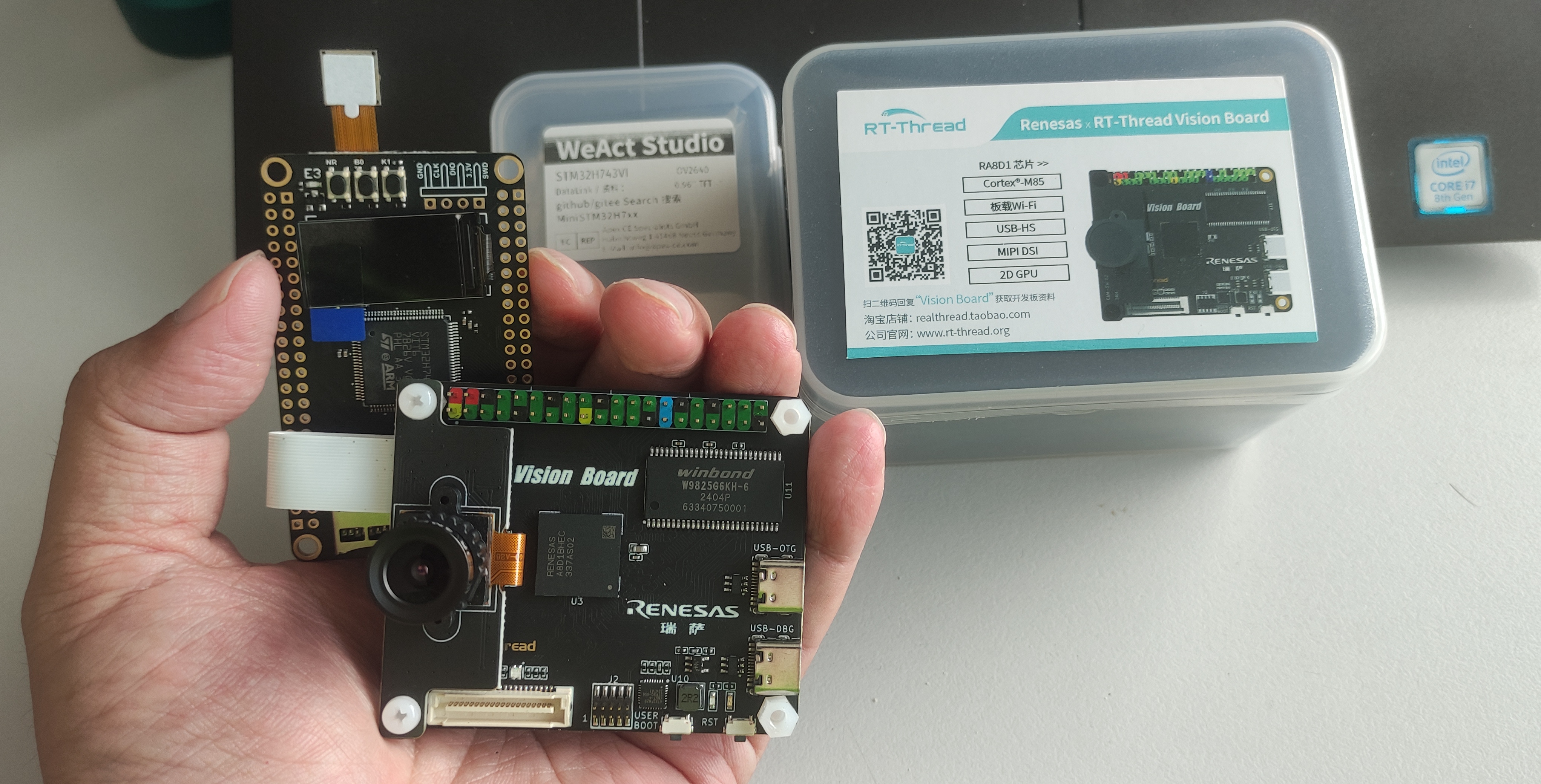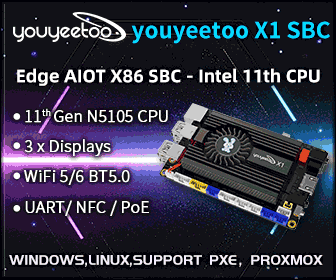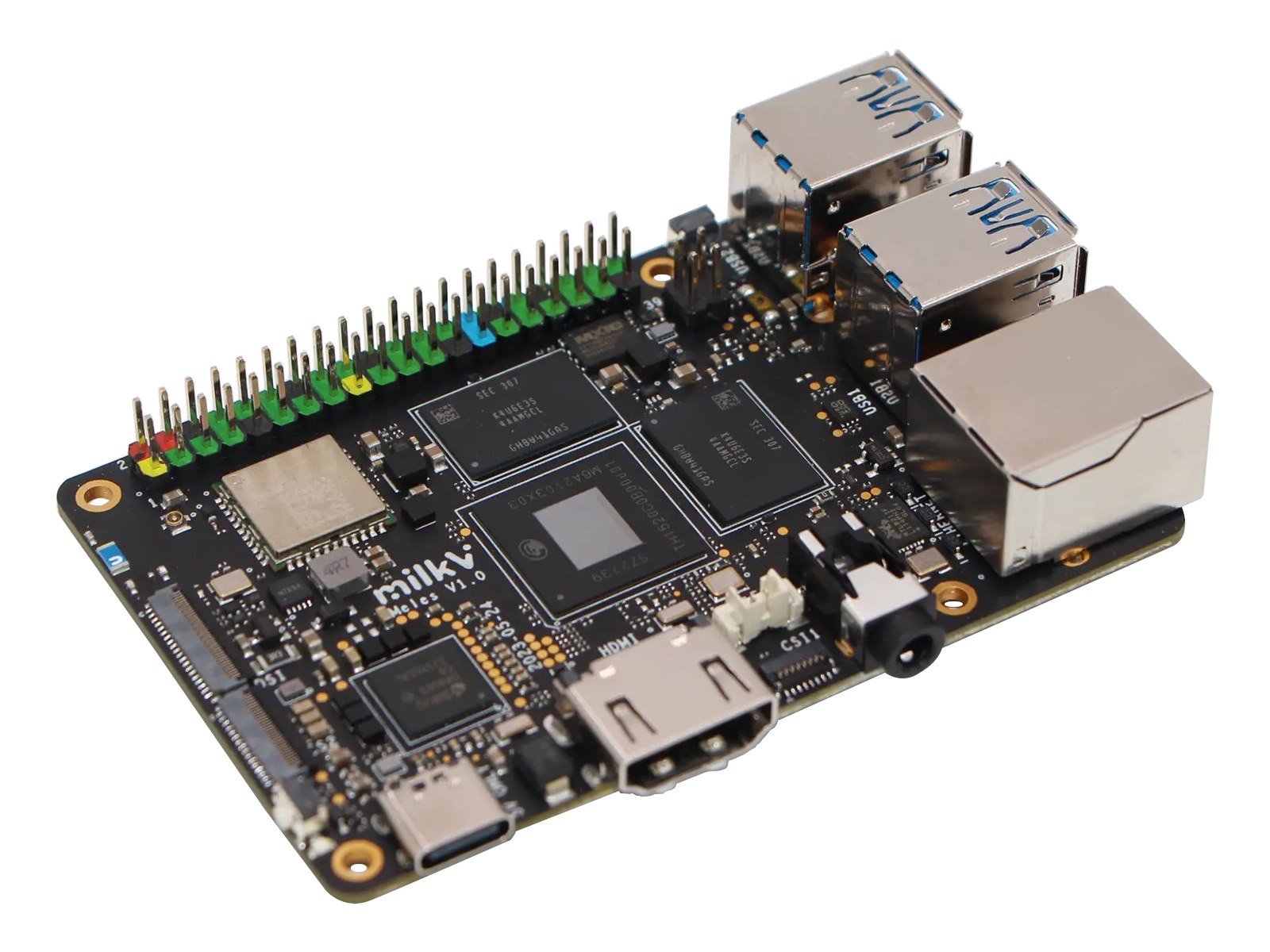Cincoze has sent me a sample of the DS-1402 modular embedded computer for review. The system is offered with a range of 12th Gen Alder Lake-S or 13th Gen Raptor Lake-S processors and features various expansion options with two PCIe slots, two CMI module slots, a CFM module slot, and three MEC (mini PCIe) module slots. The review sample is equipped with an Intel Core i9-12900E 16-core Alder Lake-S processor, 64GB DDR5 memory, a 512GB NVMe SSD, and an NVIDIA GTX1630 graphics card inserted into one of the PCIe slots. The company also fitted the embedded system with two CMI modules on the front panel with four GbE (Intel I210) RJ45 each. Cincoze DS-1402 specifications When we first wrote about the Cincoze DS-1400 series in 2022 only 12th Gen Alder Lake-S processors were available, but the company has now added 13th Gen Raptor Lake-S processors to the list of options. […]
Serial Bus Servo Driver HAT (A) can drive up to 253 servos simultaneously
Waveshare has recently introduced the Serial Bus Servo Driver HAT (A) ESP32-powered servo motor controller for the Raspberry Pi designed to drive up to 253 serial servos simultaneously. The servos can be controlled via UART or USB through the Pi SBC or used as a standalone controller for a robotics project. The board has a wide input voltage range of 9 to 25 volts and features an onboard XT60 connector, a screw terminal, and a DC barrel jack any of which can be used as power input. Besides that, the board features an RS485 port a TTL Servo header, and a UART control switch for convenience. Previously we have written about the Suptronics X200 HAT multifunction expansion board for the Pi with servo support, as well as the ELECFREAKS Wukong 2040 which can also be used to drive servos. Waveshare Serial Bus Servo Driver HAT specifications CPU – Espressif ESP32-WROOM-32 dual-core […]
JieLi Tech AC6329C4 is a 35 cents Bluetooth 5.0 microcontroller
JieLi Technology AC6329C4 is an ultra-cheap microcontroller with Bluetooth 5.0 connectivity and several I/Os including some for motor control that sells for just 35 cents on LCSC in single units, or 25 cents per piece for 1K+ orders. The microcontroller features a 32-bit RISC core clocked at 96 MHz with 73KB SRAM, and up to 4Mbit (512KB) flash. The 16-pin (SOP16) package offers plenty of multiplexed interfaces including USB 2.0, ADC, PWM, I2C, SPI, UART, and in-phase (I) and quadrature (Q) encoders. AC6329C4 specifications: CPU – 32-bit RISC CPU @ 96 MHz with Cache – 8KB I-cache 2-way, 1KB R/O cache 1-way 64x Vectored interrupts 8x Levels interrupt priority Memory – 73KB data RAM Storage – 4Mbit flash (another part called AC6329C2 comes with 2Mbit flash) Bluetooth CMOS single-chip fully-integrated radio and baseband Compliant with Bluetooth 5.0+BR+EDR+BLE specification Bluetooth Piconet and Scatternet support Meets class2 and class3 transmitting power requirement […]
Apple’s Embedded Swift programming language supports ESP32-C6, Raspberry Pi RP2040, STM32F7, nRF52840 microcontrollers
Apple has released a beta version of Embedded Swift that notably works with Espressif ESP32-C6 wireless RISC-V microcontroller, and the company also built a Matter sample based on ESP-IDF and ESP-Matter SDKs. Embedded Swift is not limited to the ESP32-C6 and supports other microcontrollers from STMicro, Raspberry Pi, Nordic Semi, etc… Apple Swift programming language is mostly designed for mobile app development, but we’ve also seen it being used on Mad Machine’s SwiftIO board powered by a 600 MHz NXP i.MX RT1052 Arm Cortex-M7 crossover processor and the tiny SwiftIO Micro launched a few years later. The company has now decided to create a subset of the Swift programming language better suited to microcontrollers simply called Embedded Swift that’s currently working on STMicro STM32F746, Raspberry Pi Pico, nRF52840, and ESP32-C6. The “Go small with Embedded Swift” presentation at WWDC 2024 shows how to get started with Embedded Swift using Espressif […]
SONOFF ZBMicro Review – A Micro Zigbee USB Smart Adapter tested with eWelink and Home Assistant
We’ve just published the review of the SONOFF Zigbee Bridge Ultra, and as promised the next one will be the SONOFF Micro Zigbee USB Smart Adapter (ZBMicro for short). When we first received the device we wondered what improvements could be made beyond the first Wi-Fi version as it’s so small. However, after using it for a while, we found it to be a pretty good product. Besides functioning as a smart USB switch for turning devices on and off, it supports fast charging, data transfers, and can act as a Zigbee router. Additionally, it can be used with other platforms that adhere to the Zigbee 3.0 standard. From our market observations, competing devices similar to the ZBMicro lack features like fast charging or switching capabilities, making the SONOFF USB adapter more appealing compared to competitors at a similar price point. Compared to its predecessor (WiFi version), the ZBMicro has […]
RT-Thread Vision board review – Part 1: OpenMV on Renesas RA8D1 Cortex-M85 microcontroller
I am always interested in real-time operating systems (RTOS) for microcontrollers (MCUs) with my past backgrounds in µC/OS-II, mbed, and FreeRTOS. When the opportunity arose to get my hands on the RT-Thread Vision Board, thanks to the RT-Thread team and CNX Software, I was excited to check it out. This board, a collaboration between RT-Thread and Renesas, packs a powerful Renesas RA8D1 Cortex-M85 MCU and comes pre-loaded with OpenMV firmware. OpenMV’s MicroPython engine lets you jump right into embedded vision development, perfect for experimenting with computer vision tasks. But the real power lies in RT-Thread’s ability to handle tasks very quickly, which we’ll explore with C/C++ development in part two. This first part will focus on getting you familiar with the hardware using the OpenMV firmware, making it a smooth entry point for beginners. Plus, I have a collection of other Renesas evaluation boards, so you can bet I’ll be […]
Meles RISC-V credit card-sized SBC is powered by T-Head TH1520 quad-core SoC
Shenzhen Milk-V Technology’s Meles SBC (single board computer) is powered by a T-Head TH1520 quad-core RISC-V processor and offered in a credit card form factor similar to the Raspberry Pi 3 Model B layout. The board is quite more powerful with a 2.0 GHz quad-core SoC equipped with a modern GPU, a 4K capable video encoder and decoder, and a 4 TOPS NPU. The board also features gigabit Ethernet, a WiFi 5 and Bluetooth 5.2 module, four USB 3.0 ports, HDMI 2.0 video output, MIPI CSI and DSI interfaces, and a 40-pin GPIO header. Meles specifications: SoC – Alibaba T-Head TH1520 CPU Quad-core RISC-V Xuantie C910 (RV64GCV – Vector Extension version 0.7) processor up to 2.0 GHz Low-power Xuantie E902 core GPU – Imagination BXM-4-64 GPU with support for OpenGL ES3.0/3.1/3.2, OpenCL 1.1/1.2/2.0, Vulkan 1.1/1.2; 50.7GFLOPS DSP – Xuantie C906 audio DSP @ 800 MHz VPU Video Decoder H.265, H.264, […]
The RPGA Feather dev board pairs RP2040 chip with a Lattice iCE40 FPGA for sensor fusion projects
Oak Development Technologies’ RPGA Feather board integrates the Raspberry Pi RP2040 microcontroller with the iCE5LP4K FPGA from Lattice Semiconductor into a compact development board in the Adafruit Feather form factor. The iCE5LP4K FPGA is an ultra-low-power chip in the iCE40 Ultra product family designed for mobile applications such as smartphones, tablets, and handhelds, while the Raspberry Pi RP2040 microcontroller makes it much easier to program the FPGA using CircuitPython. We have seen Oak Development Technologies’ earlier forays into FPGA Feather-compatible products such as the IcyBlue board (also based on iCE5LP4K FPGA) and the Lattice FeatherWing. RPGA Feather specifications: MCU – Raspberry Pi RP2040 dual-core Cortex-M0+ microcontroller @ 133 MHz with 264KB SRAM FPGA – Lattice Semiconductor iCE5LP4K FPGA Logic Cells – 3,520 logic cells Memory 80 Kbits of embedded Block RAM (EBR) Distributed RAM: 640 bits 2x hardware I2C blocks and 2x hardware SPI blocks 26 I/Os for customized interfaces […]


